Five-piece Dublin-based band ‘The Murder Capital’ released their debut When I Have Fears amidst a resurgence of noisy and moody post-punk rock, accompanied by friendly local rivals, ‘Fontaines D.C’ who released their acclaimed debut Dogrel in the same year. It was a grief-stricken album, recorded after a friend’s suicide, and its colours and textures were bleeding with sadness. Yet despite this, it amassed wide critical acclaim and the band quickly gained a big following.
What followed the raw and vulnerable When I Have Fears, however, was life in limbo. Apart from a few festival spots and live recordings, silence followed the band into the pandemic and out of it as they refrained from jumping on the building blocks they beautifully crafted on their debut.
That three-year silence was finally broken when the band shared their first single, Only Good Things, instantly becoming a fan favourite as it possessed not only the rawness seen on their debut but a newfound upbeat and euphoric emotion. “How beautiful/How it’s all beautiful”, sings frontman McGovern, embedded with a noticeable shift of tone in his vocals, sounding warm and inviting.
With each new single released, it was clear Gigi’s Recovery was going to be a more sonically adventurous effort from the band. A Thousand Lives undoubtedly shows off its Kid-A influences with its dreamy synths and a drumming pattern that wouldn’t sound out of place on an electronic track. Meanwhile, Ethel is a bittersweet and sincere exploration of romance and parenthood. Its instrumentation swells with looming guitars and echoed drums, building with each beat before it comes to a climactic crescendo of McGovern yelling, “I hold on to her tight, tight, tight.”
At the heart of the record is the title track, which McGovern said was written in the form of a letter. The song serves as a defining moment lyrically as the frontman sings of celebrating life despite the pain it provides, “I can feel it all flow/I am not my sorrow.” While it may take a while to get to its conclusion, it’s well worth the wait as crisp guitars and drums share the stage in a cathartic moment of clarity.
While When I Have Fears showcased the band’s ability to perform emotionally driven and compelling tracks, The Murder Capital were always mentioned alongside their contemporaries. Gigi’s Recovery takes the same passion seen on their debut but takes it further, both sonically and lyrically, not just exploring their recovery but also paving the way for their own future and identity.
